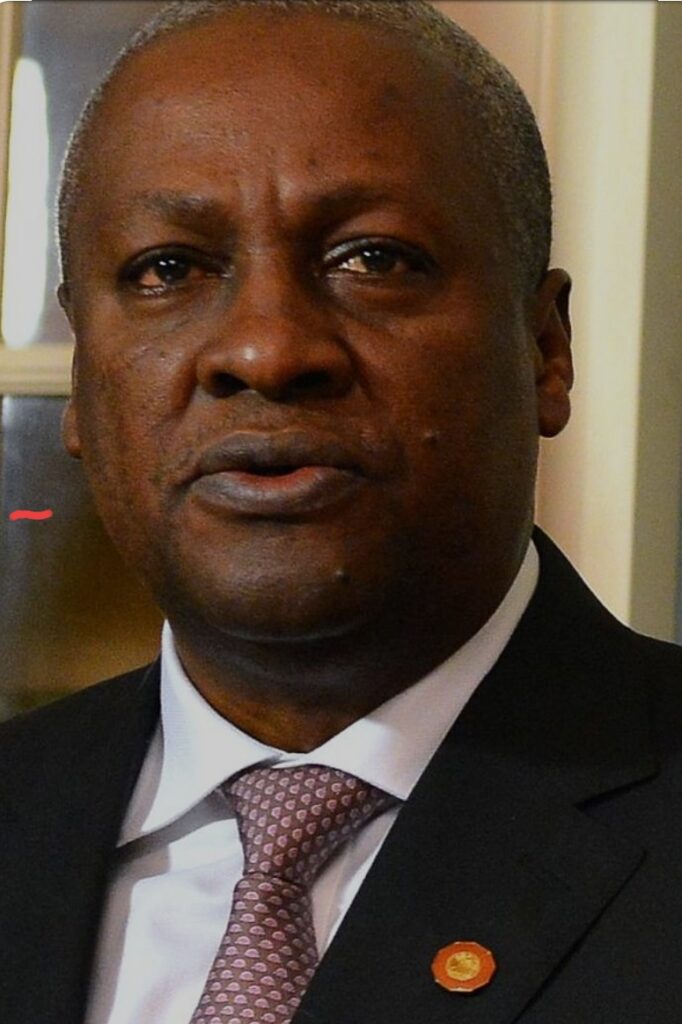
The Peoples Democratic Party (PDP) has declared that the recent return of Ghana’s opposition National Democratic Congress (NDC) and former President John Mahama to power signals the impending end of Nigeria’s ruling All Progressives Congress (APC) by 2027.
In a statement issued on Monday by its National Publicity Secretary, Debo Ologunagba, the PDP congratulated the people of Ghana for their resilience in defending democracy and ensuring that their will prevailed in the December 7, 2024, presidential election.
“The victory of the NDC in Ghana is a demonstration of the triumph of the power of the people over misrule and oppressive policies, similar to those currently being experienced in Nigeria under the APC. This election outcome is a signal that the APC’s days in office are numbered,” Ologunagba stated.
The PDP accused the APC of wrecking Nigeria’s economy and inflicting hardships on citizens. It cited inflation at over 34%, unemployment above 40%, a naira devaluation from ₦197 to nearly ₦2,000 per dollar, and petrol price hikes from ₦97 to over ₦1,000 per liter as evidence of the APC’s alleged mismanagement.
Additionally, the party decried rising insecurity, decayed infrastructure, and worsening social conditions, noting that many Nigerians, particularly youths, are emigrating or resorting to desperate measures due to the APC’s policies.
The PDP urged Nigerians to recall the “golden years” of its governance and to remain steadfast in their resolve to replace the APC in the 2027 general elections. It called on the Independent National Electoral Commission (INEC) to ensure credible electoral processes, warning against manipulation as witnessed in previous elections.
Atiku Counters Akume on Northern Presidential Aspiration
Meanwhile, former Vice President Atiku Abubakar has criticized Senator George Akume, Secretary to the Government of the Federation (SGF), for suggesting that the North should wait until 2031 to pursue the presidency.
In a response through his media adviser, Paul Ibe, Atiku argued that true equity and fairness were absent in Akume’s recommendation. He noted that by 2027, the South would have governed Nigeria for 17 years since 1999, while the North would have governed for only 11 years.
Atiku emphasized that the power to determine leadership resides with Nigerians based on performance, questioning whether the current administration under President Bola Ahmed Tinubu deserved re-election. “The answer is clear — God forbid!” he declared.
However, Atiku’s comments have reignited debates about Nigeria’s historical power distribution. Critics have pointed out that his analysis disregarded the pre-1999 era, during which the North ruled for 37 of Nigeria’s 64 years of independence, including 27 years under military regimes.
With the North holding a cumulative 48 years of leadership since independence and the South governing for only 16 years, proponents of Akume’s stance argue that achieving true equity may require a broader historical perspective.
The PDP and Atiku’s statements underscore the growing political tensions as Nigeria prepares for the 2027 elections, with opposition parties striving to position themselves as alternatives to the APC amidst widespread economic and social discontent.

